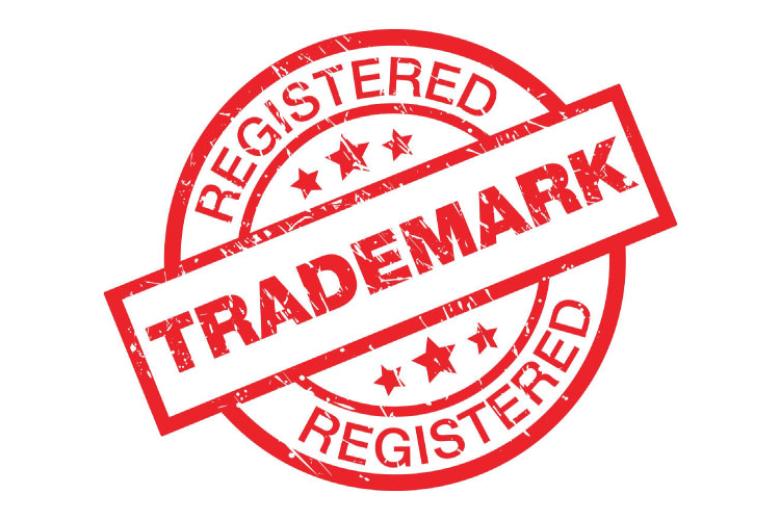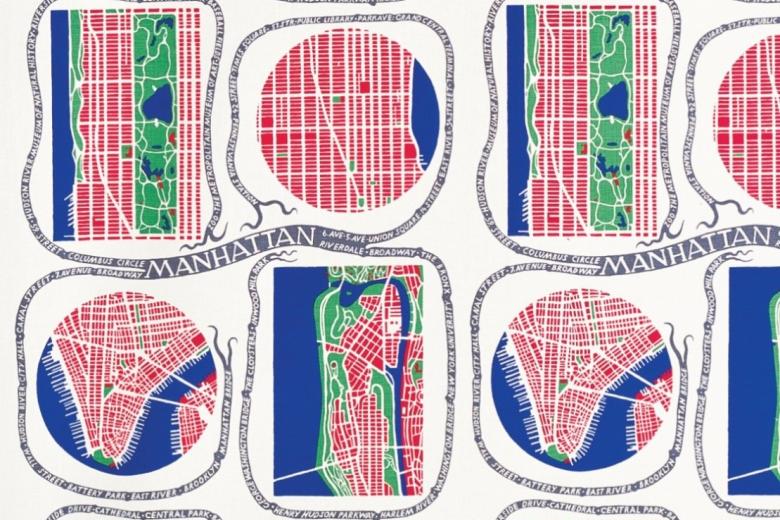Trusting relationships in evolutionary legal theory
Trust in the legal system of the World Trade Organization (WTO) has promoted an historic global expansion of trade and investment. That trust is at risk of erosion. The evolutionary role of complexity may hold the key to understanding why.
Globalization has brought about a blossoming of complexity in economic, cultural, political, linguistic, ethnic and other terms. In the field international trade and investment, the reality of global economic complexity, or that the global economy cannot be fully understood as an aggregate of microeconomic processes, was made evident in the 2008 global financial crisis.
Complexity and complex systems
The notion of complexity in economics traces its antecedents back to the Scottish Enlightenment in the form of the idea put forward by Adam Ferguson (1723–1816) that, while the economic system reflects human action, it does not reflect any single human design, but rather the accumulation of design.
The global economic system is complex to the extent that the behaviour of its constituent agents—traders, investors, consumers, financial intermediaries, State actors, etc.—defies accurate prediction. As globalization results in an increased number and diversity of economic agents with diverse incentives, preferences, priorities, values, interests and patterns of behaviour, and shifting economic power between these agents, so the complexity of the economic system increases.
The study of complex systems, or complexity science, which is central to research into artificial intelligence (AI), is an interdisciplinary domain that draws on contributions from many different fields, including sociology, economics, information theory and biology.
Trust and complexity
A pioneer in complexity studies in the area of socio–legal theory, German legal theorist Niklas Luhmann (1927–1998) identified the reduction of complexity in social life as the social function of trust, a conclusion that has gained broad acceptance. Indeed, as economic life has grown more complex, trust in multilateral legal relationships has gained prominence over trust in bilateral interstate relationships. The multilateral effort of trust building through the WTO correlates historically with the great expansion of global trade in the 1990s and early 2000s.
Yet, that very trust in the WTO legal system, which propelled the global economy for many decades, now appears increasingly at risk of being undermined. The current Appellate Body appointments crisis is one of the more striking examples of this development.
What are then the policy implications of this development? Efforts to restore trust are prone to fall into one of two categories of misguided policy.
Restoring trust by ignoring complexity
First, it is tempting to see a need to reform global trade norms so as to restore trust in the WTO legal system. However, policy efforts to promote legal certainty and predictability may be counterproductive. In seeking to clarify behavioural expectations in complex economic relationships, the law itself may generate further complexity, thus inadvertently increasing the overall need for trust and exacerbating the impression of eroding trust.
Secondly, policy efforts to reduce the need for trust by reducing the complexity inherent in global economic relationships are societally degenerative. Such policies aim at withdrawing from the global economy. These are the policies of de-globalization and economic nationalism, of which the Trump Administration’s trade policy and Brexit are prime examples. The common theme of these policies is to reduce the need for trust by making economic life less complex. This second policy category assumes that complexity is harmful. As such it is even more destructive than the first as it ignores the evolutionary function of the global economy as a complex adaptive system (CAS).
Far from being harmful, economic complexity is symptomatic of variation or diversity of possible solutions to the problem of adaptation to the socio–economic environment. Attempting to reduce that complexity by reducing global interactions implies an effort to artificially stifle the process of evolutionary change. It also ignores the mechanics of evolutionary competition.
‘Restoring trust’ by allowing competition to contain complexity|
Rather, ‘restoring trust in trade’ in a manner conducive to evolution implies embracing complexity, not trying to suppress it and the diversity it brings. Evolutionary theory implies that complexity is kept naturally under control through the process of selective retention or evolutionary competition. In economic terms, encouraging selective retention translates to a policy of actively nurturing competitive interactions between economic agents and thereby stimulating the harmonization of their incentives, preferences, priorities, values, interests and patterns of behaviour.
To realize such policy, orthodox competition theory may be well advised to reconnect with its intellectual progenitors—including Walter Eucken and the Freiburg School—and reassess the need, not only to responsively combat market power and intervene against anti-competitive behaviour, but furthermore to actively promote competition through efforts to stimulate new entrants in oligopolistic sectors, whether by reducing regulatory or de facto barriers to entry, by providing selective tax incentives to ‘price taker’ firms to neutralize the market power of ‘price setting’ firms, by promoting low-cost credit to small and medium sized competitors.
Methods to implement a ‘progressive regulatory burden’ similar to progressive taxation should be considered to ensure that regulatory compliance costs do not entrench the market power of ever larger enterprises who can more easily shoulder the cost of regulatory compliance. Since there is a collective action problem involved in these policies, notably in placing a progressive regulatory burden on a national industry, multilateral or plurilateral policy cooperation is essential to actively promoting competition. There is an opportunity for the WTO to sponsor such initiatives.
The promises of economic globalization may never materialize without active efforts to promote equality of competitive opportunity. Progress must be promoted.
This post is based on the author’s paper prepared for the Collaborative Project workshop on “Trust in Trade” which was held on 22 January 2018 at the Faculty of Law, Maastricht University.
Written by Jens Hillebrand Pohl
WTO image: by Flickr
| More blogs on Law Blogs Maastricht |
-
Protection of reputable marks beyond confusion: does “due cause” help to strike a balance between trade mark proprietors and content creators?
Content creators, exercising their freedom of expression, may use trade marks in their content in a way that might damage the interests of trade mark proprietors (e.g. use of Nike shoes in a porn movie). How does EU trade mark law address these different interests?

-
Computer-Implemented Inventions: has the term “invention” in the EPC lost its meaning?
The European Patent Convention defines subject-matter that is not eligible for patent protection, such as methods for doing business. However, when implemented by a computer, non-eligible subject matter becomes eligible for patent protection. Is this desirable?

-
The ambigous nature of the amended European trademark functionality doctrine
EU trade mark law excludes certain signs from becoming registered trade marks. In particular, shapes cannot be registered if they are necessary for achieving a technical result. In 2015, the amended Regulation broadened this exclusion to ‘another characteristics'. But what is now covered exactly?
